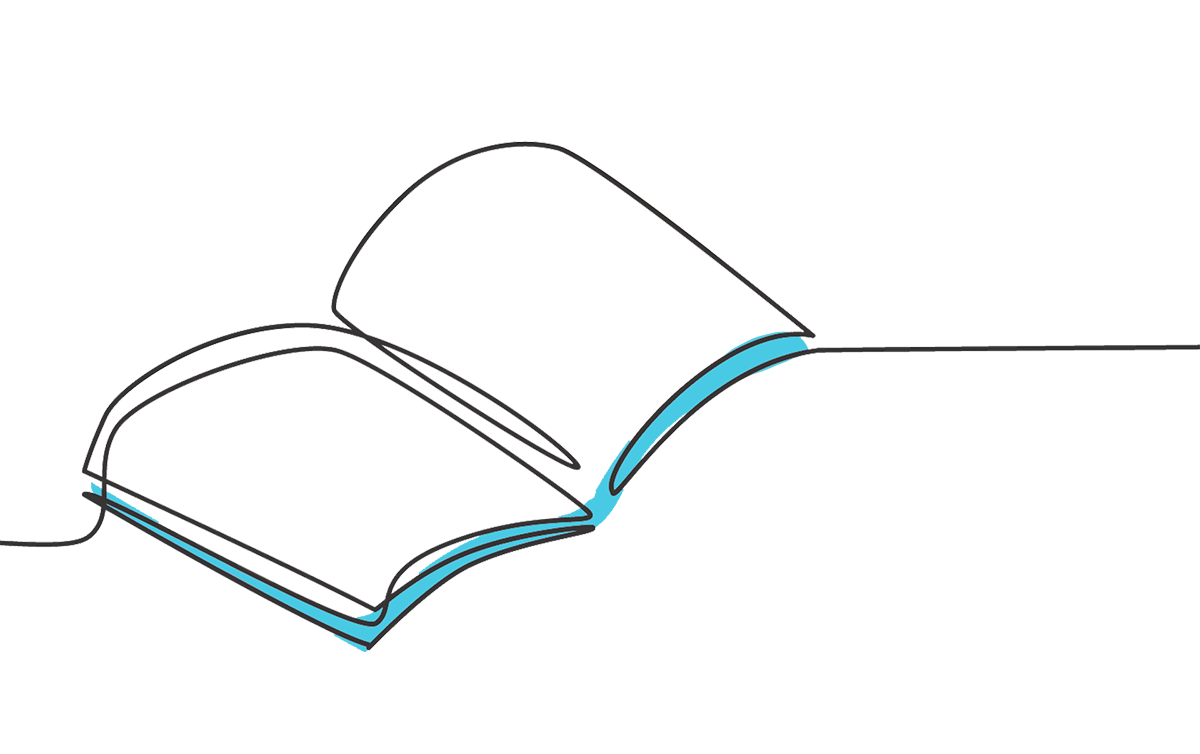
Advanced data automation boosted accuracy, delivered significant productivity gains, and delivered a 150% recurring ROI.

A leading UK-based construction intelligence provider, part of a £350m global information group, tracking over 800,000 building projects annually. Their insights inform strategic decisions across public sector, government, and private businesses.
Manually extracting accurate data from around 200,000 pages of daily construction documents was highly resource-intensive. Ensuring coverage and accuracy of detailed information like materials, contacts, and companies required an advanced automated solution.


Merit implemented an advanced ML solution using NLP and NER to automate extraction, indexing, and classification of data from thousands of documents daily. The solution significantly improved accuracy, accelerated data extraction, and optimised resource allocation.
Whatever the challenge, whatever the industry, our teams work side-by-side with clients to design systems that perform today and evolve for tomorrow. That’s why leading businesses trust us to turn their toughest data ambitions into reality.